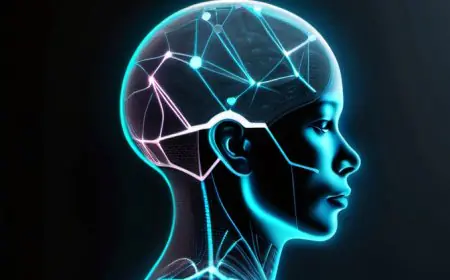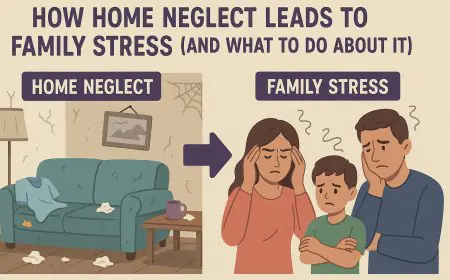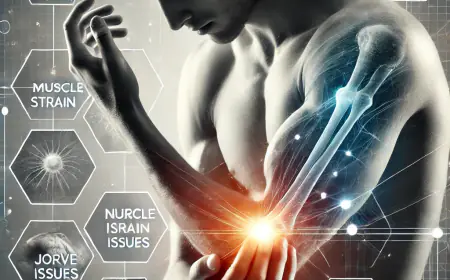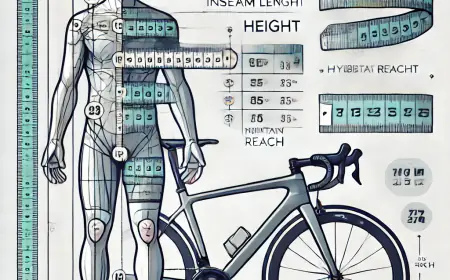Exploring the Connection Between Mental Health and Physical Wellness
Mental Health

The relationship between mental health and physical wellness is multifaceted, involving ongoing interactions between psychological and bodily processes. While the two aspects of health are often addressed separately, emerging research highlights the interconnected nature of the mind and body. Understanding the role that psychotherapy plays in both mental and physical health can offer valuable insights. Below, we explore various aspects of this connection and offer strategies to improve overall well-being.
Does Mental Illness Impact Physical Health?
Mental illnesses can have a measurable impact on physical health through complex pathways involving the nervous, endocrine, and immune systems. Chronic stress, a common factor in many mental health conditions, has been shown to contribute to physical issues such as cardiovascular strain, and tension-related headaches.
Elevated stress levels trigger the release of cortisol, a hormone designed to help the body respond to immediate threats. Prolonged elevated cortisol levels, however, may weaken the immune system and lead to inflammation. This can increase a person’s susceptibility to illnesses or aggravate existing medical conditions.
Individuals experiencing mental illnesses, such as depression or anxiety, may adopt habits that contribute to poorer physical health. Examples include disrupted sleep patterns, reduced physical activity levels, or reliance on unhealthy coping mechanisms like smoking or excessive alcohol consumption. These behaviors can further strain the body, creating a cycle between mental and physical health challenges.
What Are the Common Physical Signs of Mental Illness?
There are several physical signs that may indicate whether an individual is experiencing a state of mental wellness. For those struggling with mental health concerns, physical symptoms may manifest in ways such as:
-
Sleep disturbances: Insomnia, difficulty staying asleep, or oversleeping can often be linked to stress or mood disorders.
-
Fatigue or low energy: Persistently low energy levels may accompany disorders like depression or chronic stress.
-
Muscle tension or aches: Stress and anxiety frequently result in tension build-up, causing pain or stiffness in the muscles and joints.
-
Changes in heart rate: Anxiety can lead to an increase in heart rate, while depressive episodes may lead to slowed physical responses, including heart rate.
While these physical signs may have other origins, they often serve as indicators of mental health conditions worth addressing in a broader wellness plan.
Does Psychotherapy Improve Mental Wellness?
Psychotherapy has been widely recognized as an effective way to address mental health conditions and improve one's mental wellness. By working with a trained therapist, individuals can identify patterns. These patterns are thoughts and behavior that contribute to stress, anxiety, or depression. Therapies such as cognitive-behavioral therapy (CBT) focus heavily on altering dysfunctional thinking and developing healthier coping strategies.
There are many mechanisms through which psychotherapy impacts mental wellness. This often includes enhancing self-awareness, teaching stress management techniques, and providing emotional support. Over time, psychotherapy also aims to reduce the psychological symptoms that may interfere with day-to-day functioning. The integration of mental health management creates opportunities to make conscious decisions about physical health habits, indirectly improving overall wellness.
Does Psychotherapy Improve Physical Health?
Psychotherapy primarily targets mental health. It can also indirectly contribute to better physical health outcomes. Improved mental health often leads to positive behavioral changes in areas such as sleep hygiene, exercise routines, and dietary habits. An individual treated for anxiety may become more motivated to engage in regular physical activity, which subsequently benefits both muscle health and cardiovascular endurance.
Stress-reduction strategies learned during therapy, such as mindfulness exercises or structured breathing, are also associated with physiological changes. These may include lower cortisol levels, stabilized blood pressure, and improved immune function. While psychotherapy is not a direct medical intervention for physical ailments, its role in addressing psychological factors benefits overall health outcomes.
Taking the Next Step Toward Wellness
Mental health and physical wellness are deeply interconnected, influencing one another in significant ways. Addressing one domain often contributes to improvements in the other. This highlights the value of an integrative approach to health.
Some potential steps forward include seeking professional therapy, adopting regular physical activity, or experimenting with mindfulness techniques to enhance mental and physical well-being simultaneously. If you are interested in exploring ways to support your mental and physical health, speaking with a qualified therapist or wellness professional is recommended. Together, you can outline a plan to achieve a state of balance in both mind and body.
What's Your Reaction?























































































